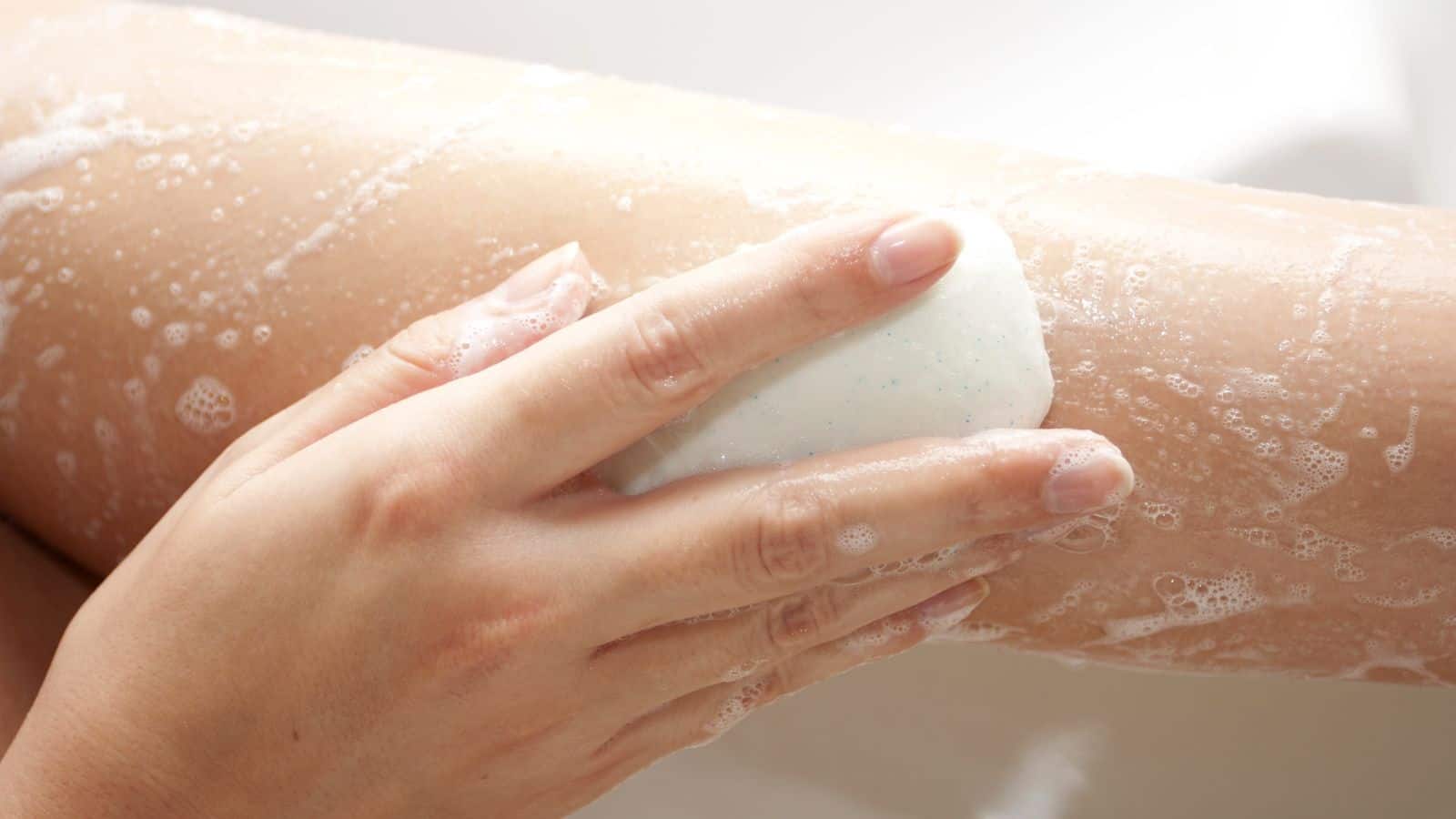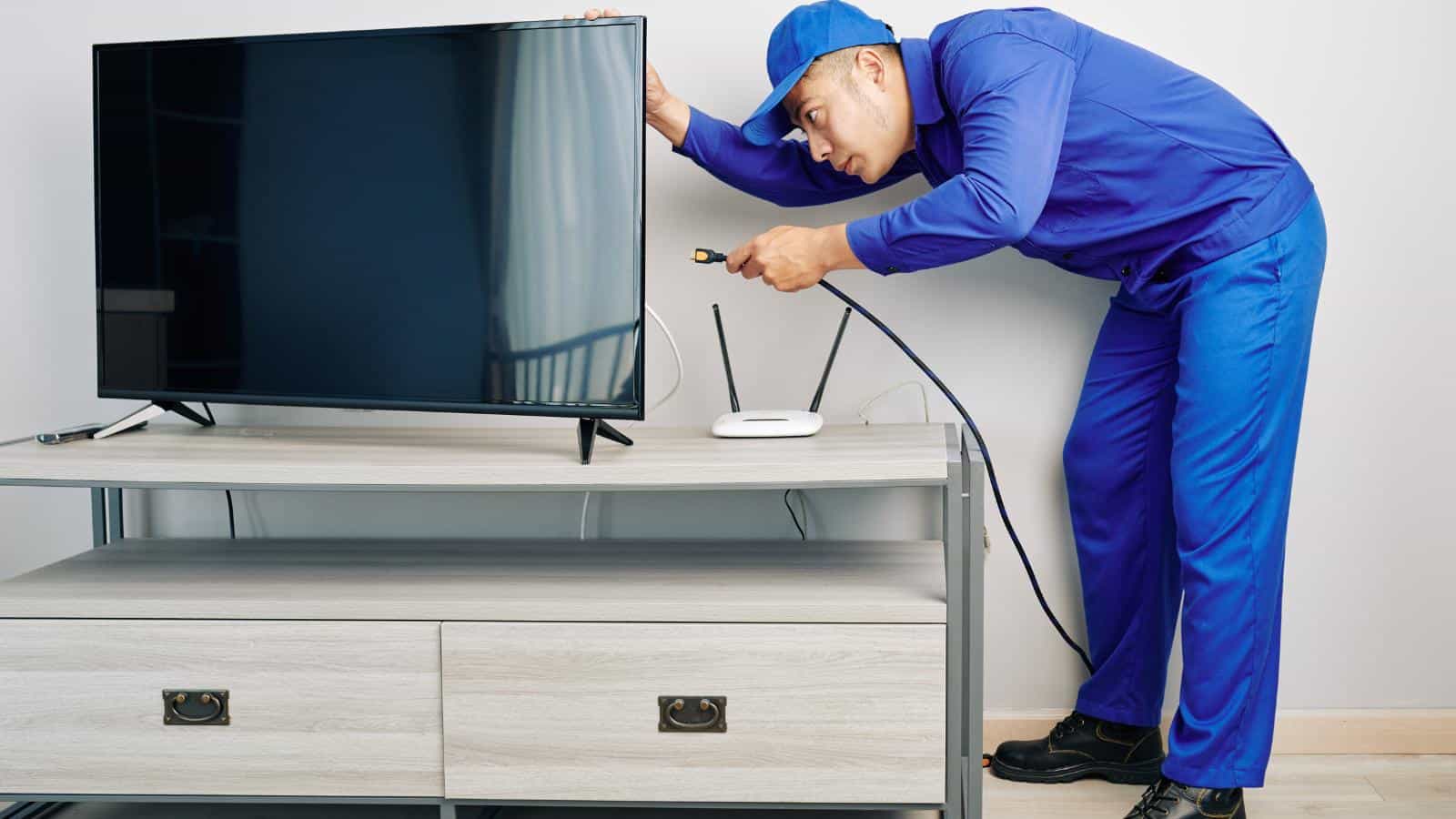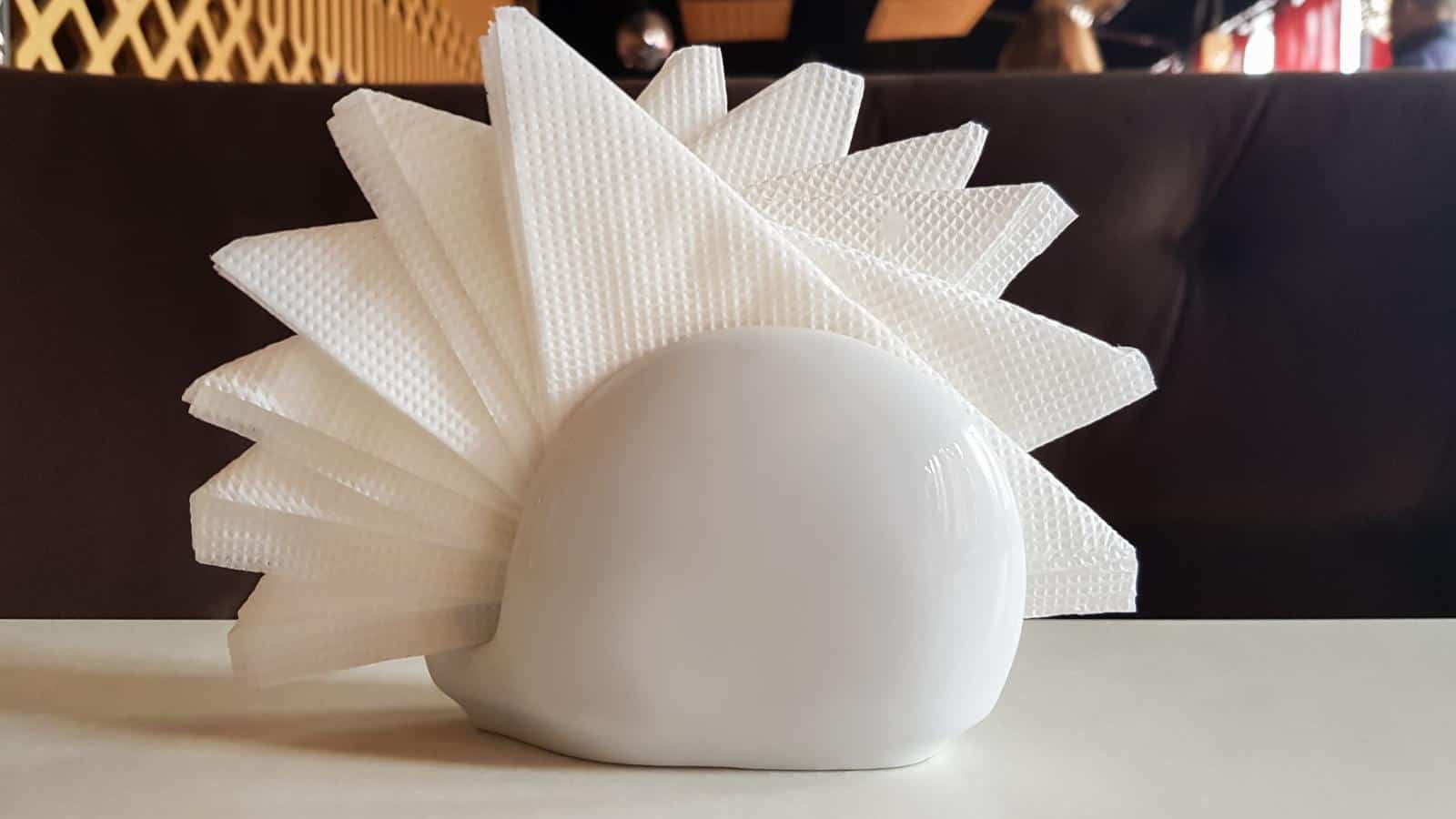Millennials often get blamed for shaking things up in ways older generations don’t always appreciate. Whether it’s their spending habits, lifestyle choices, or their approach to work, this generation has challenged traditions. Baby boomers have been especially vocal about how millennials are “ruining” certain aspects of life. Here’s a look at some of the top complaints.
Casual Dining Chains

Fast-casual restaurants and food delivery apps have made places like Applebee’s and TGI Fridays less appealing. Baby boomers fondly remember these spots as go-to destinations for family dinners and celebrations. For younger folks, the focus has shifted to trendy eateries or healthier options. It’s not just the food; the entire dining experience, with its chain decor and oversized menus, feels outdated to millennials. That shift has left some of these chains struggling to stay afloat.
Traditional Work Hours

The nine-to-five workday is another casualty of millennial preferences. Flexible schedules, remote work, and side gigs have become the norm for many younger workers. Baby boomers often see this as a lack of dedication or discipline.
They value the structure of a full day in the office, while millennials argue that productivity doesn’t depend on clocking in at a set time.
Department Stores

Malls and department stores used to be weekend staples for shopping, socializing, and even grabbing a bite. Millennials, however, have embraced online shopping with open arms, leading to the decline of brick-and-mortar giants like Sears and JCPenney.
For older generations, this loss is more than just about convenience; it’s about the experience of walking through aisles, trying things on, and interacting with sales staff. That kind of connection is fading fast.
Bar Soap

Here’s something you might not expect. Bar soap has fallen out of favor with younger generations. Many millennials opt for body wash or liquid soap, finding them more hygienic and easier to use. To boomers, bar soap represents something reliable and straightforward, not to mention less wasteful.
Yet, the trend toward convenience has left this classic product behind, much to the dismay of its loyal fans.
Homeownership

Rising home prices and student debt have made homeownership less accessible for millennials, but boomers often see it differently. They argue that younger generations prioritize travel, dining out, and luxury rentals over saving for a down payment. For baby boomers, owning a home symbolizes stability and success, so this shift feels like a rejection of deeply ingrained values.
Marriage Rates

Traditional views of marriage have changed significantly, and millennials are at the center of this shift. Many are marrying later in life, or not at all, choosing instead to focus on personal growth or financial stability. Boomers see this as a departure from the family-first mindset they grew up with.
The idea of building a life with a partner early on is something they can’t imagine skipping, but for millennials, timing is everything.
The Diamond Industry

Millennials aren’t as interested in diamonds as previous generations, which has shaken up an industry built on decades of marketing. Concerns about ethical sourcing, along with a focus on experiences over material goods, have made alternatives like lab-grown stones or other gems more appealing. For boomers, a diamond engagement ring was a universal symbol of love and commitment.
Golf

Golf courses are closing across the country, and many point to millennials as the reason. With high costs and a time-consuming nature, the sport doesn’t fit into their budgets or lifestyles. Boomers, who often view golf as a way to unwind and network, find this disappointing.
Millennials tend to prefer fitness activities or sports that are less formal, leaving golf clubs struggling to attract new members.
Cable TV

Cord-cutting has taken a huge toll on cable television. Streaming services like Netflix and Hulu dominate the entertainment landscape, offering more flexibility and fewer commercials. Older generations see this as the end of shared experiences, like gathering around the TV for a favorite show.
Millennials, however, value on-demand content over rigid schedules. For better or worse, the days of flipping through channels are becoming a thing of the past.
Cereal

Cereal might seem like an odd thing to criticize, but millennials are blamed for declining sales in this once-iconic breakfast category. Busy lifestyles and changing tastes have made grab-and-go options like smoothies or breakfast bars more popular. Boomers miss the days when a bowl of cereal and milk was a morning staple.
The simplicity of pouring and eating has been overshadowed by newer trends in health and convenience.
The Auto Industry

Car ownership isn’t as appealing to millennials as it was to older generations. Ride-sharing apps, urban living, and environmental concerns have led many to delay or avoid buying cars. Boomers see cars as symbols of independence and freedom, so this trend feels alien to them.
The auto industry has had to adapt, focusing on electric vehicles and new ways to attract younger buyers who see transportation differently.
Fabric Softener

This everyday laundry item has fallen out of favor with younger people. Millennials often skip it entirely, citing concerns about chemicals or just not seeing the need. Baby boomers, who grew up with commercials extolling the virtues of soft, fresh-smelling clothes, are baffled by this.
The decline in fabric softener sales reflects changing habits, but for older generations, it’s yet another tradition fading away.
Marriage Proposals in Public

For boomers, a grand, public proposal is a romantic gesture. Millennials often see it as over-the-top or unnecessary. Social media has turned private moments into public spectacles, which can feel awkward or performative. While some still embrace the idea, many younger couples are opting for more personal, intimate ways to pop the question. This shift has changed the way engagements are celebrated, often clashing with older expectations.
Napkins

Cloth napkins and even paper napkins are becoming less common as millennials turn to paper towels or reusable alternatives. The simplicity of grabbing a roll of paper towels is hard to beat for a generation focused on convenience. Baby boomers see this as a decline in table etiquette and a lack of formality.
For them, napkins are a small but important part of a proper meal, and their decline feels symbolic of broader cultural changes.
Starter Homes

The idea of buying a small, affordable home as a first step has become less realistic for many millennials. Skyrocketing real estate prices and stagnant wages have shifted priorities. Boomers, who often started out with modest homes and worked their way up, can’t understand why younger generations don’t follow the same path.
Movie Theaters

Streaming services and at-home entertainment options have made trips to the movie theater less common. Millennials often prefer the comfort and convenience of watching from home. Boomers, who grew up with theaters as social hubs, feel nostalgic about the experience. The decline of cinemas isn’t just about technology; it’s a cultural shift that represents changing values and priorities.
The Housing Market

Millennials are often blamed for the way the housing market has changed. Downsizing, co-living, and prioritizing location over space are all trends associated with this generation. Boomers, who built larger homes and valued sprawling yards, see this as a rejection of their ideals. For younger people, the focus is on flexibility and functionality, not keeping up with past traditions.
